The Best Advice from This Year's Sundance Filmmakers
What did these filmmakers learn? And what can you learn from them?
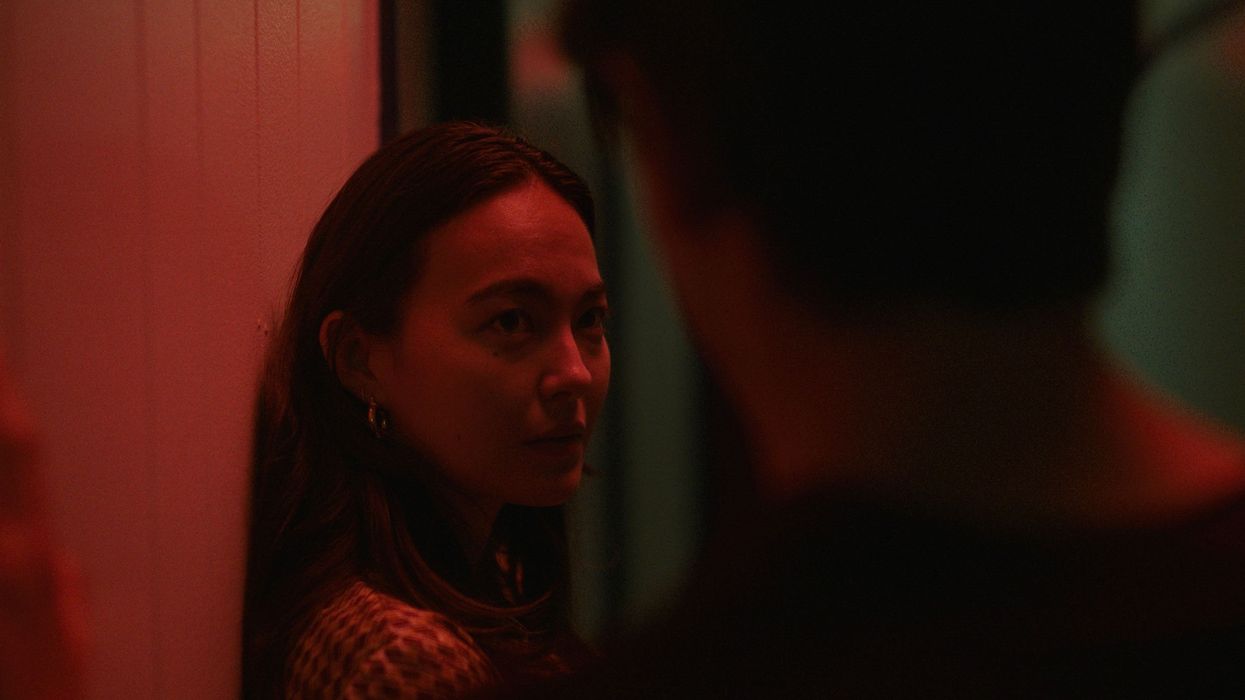
Thirstygirl
Sundance Film Festival is one of the year's best film events, showcasing the best in indie filmmaking and highlighting new and exciting creative voices. We'll be on the ground to bring you tons of coverage on all the films, but we've already spoken to many of the filmmakers to learn about their behind-the-scenes stories and how they overcame challenges.
We always like to ask the Sundance teams for their advice, too—so without further ado, dive into this advice from writers, directors, producers, editors, and more. This insight can help both up-and-comers and seasoned veterans!
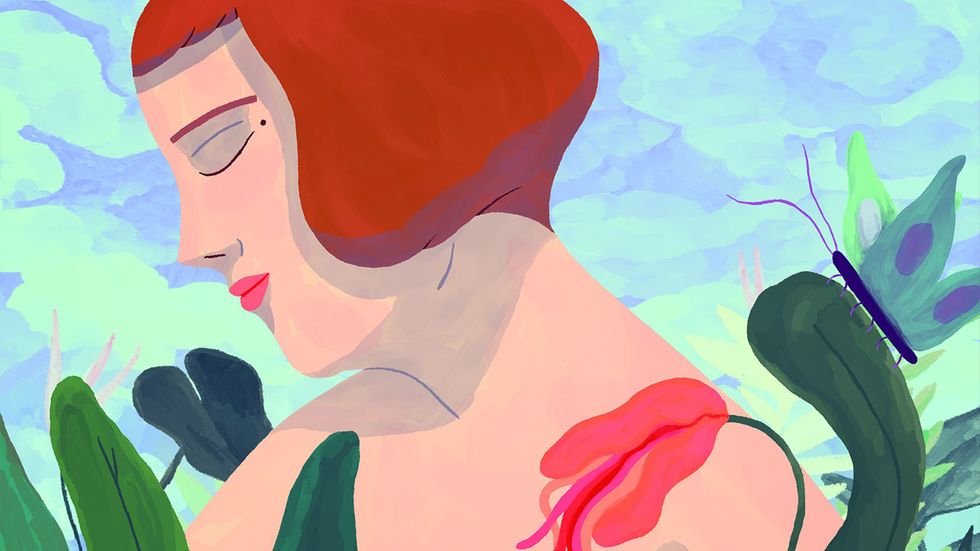
Flóra Anna Buda, writer/director, 27
Don't let anyone discourage you from being honest and to experiment. Trust the process, and don't forget; creative blocks, mistakes, and insecurities are the signs of making something important and meaningful, and most importantly signs that tell you you should continue because you are making progress. There is no perfect way to make films, and as a director, it is okay to not to know the answer to every question and to be vulnerable with the co-creators.
Alexandra Qin, director/writer/producer, Thirstygirl
Thirstygirl is my first film. I was terrified of doing a bad job or finding out I was a terrible director. But the only way to learn is to do it. And I'm so glad I gathered the courage and went for it. So, for those of you still on the fence about directing your first film—do it, and do it now!
Secondly, I think emerging filmmakers don't rely on their community enough for financing their first film(s). You don't need to spend all your own money. You don't need to get into debt. You can tap into the giving power of your network and your network's network. People want to support exciting new voices if you just give them the chance.
Andrey Nikolaev and Masha Ko, DP and director, The Looming
Masha: Prepare and rehearse with every department as much as you can before production begins—this will save your film one day.
Andrey: Embrace to learn something new from the internet every day.
Christopher Jenkins, director/writer, 10 Lives
It's going to be hard to contain the many thoughts and experiences I have. And as I form my thoughts to attempt an intelligent answer, I expect that the following might seem glib or unattractive. But my advice is be original—be distinct—don't listen to negative feedback. Originality is not a friend to executives. No one knows what distinction is until is receives acclaim, and negative feedback is usually composed of the previous two categories. I am not saying I don't learn from mistakes, but creativity is fickle, and there are no certainties. The initial and ultimate test is, can you tell your story without any of the cinematic bells and whistles and still hold your listeners' attention? Be enthusiastic at all times and tell yourself how lucky you are to be a storyteller.
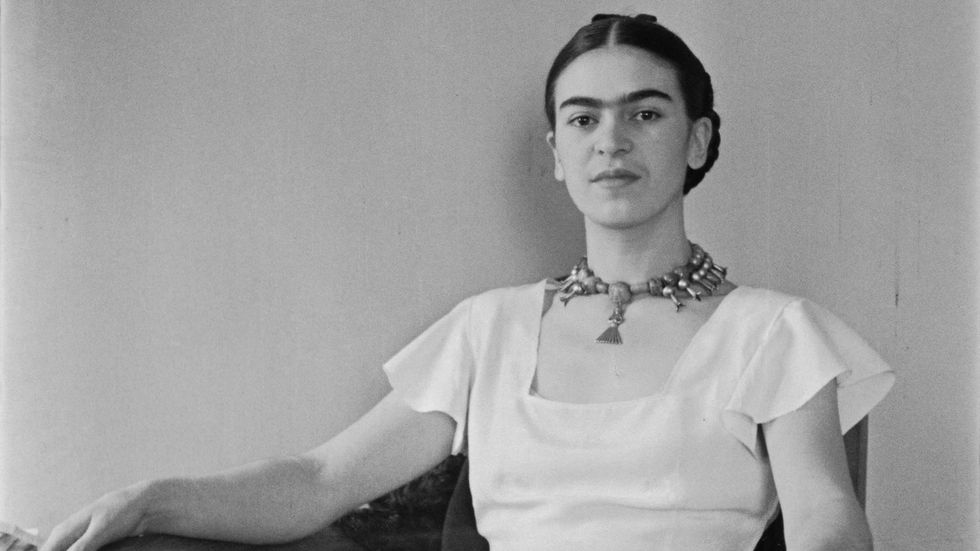
Carla Gutiérrez, director/editor, FRIDA
Find your people. Filmmaking is nothing but a collaborative art form. It requires a lot of trust. So find those who you can build a strong, trusting collaboration with. Your film will be much better for it, and it will be fun!
Adam Wilder & Nicole Daddona, writers/directors, The Bleacher
Fail faster. Learn from your mistakes (we've made A LOT) and always strive to make the best work you can every time, even if it feels scary or impossible. Watch great cinema as much as you can and make films with whatever gear you've got, even if it's just an old camera from your basement.
J.M. Harper, director, As We Speak
Sterling Hampton IV, director/producer/composer, Merman
Dimitri Simakis, writer/director/editor, The Rainbow Bridge
Graham Mason, producer/editor, Good One
Astrid Rondero and Fernanda Valadez, directors, SUJO
As we make films we are also growing and learning and finding our own voices, so nothing is wasted even if you don’t get the result or the recognition you expected. Give yourself to the film you’re making, everything will come in time.
Lana Wilson, director/producer, Look into My Eyes
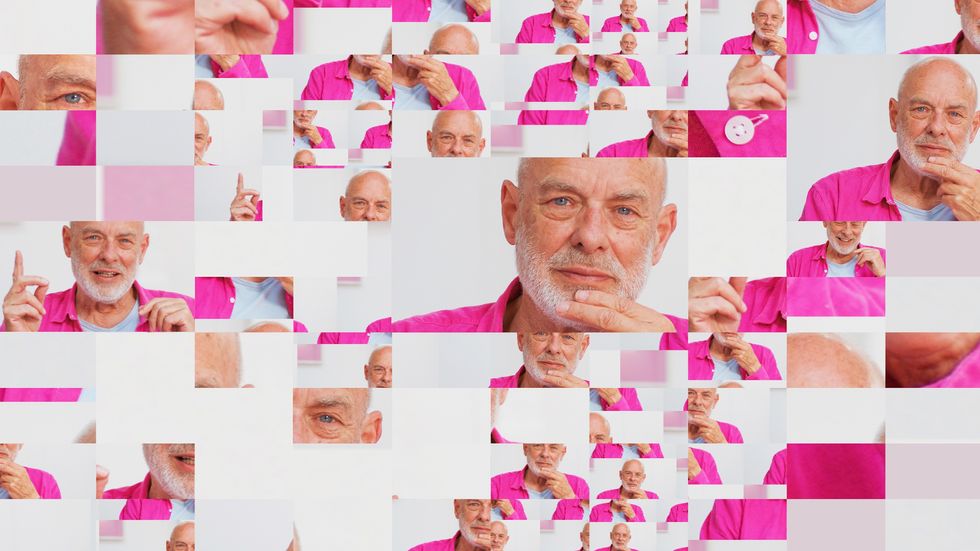
Scott Cummings, director, Realm of Satan
If someone asks you why you want to make a film idea, or what's relevant about your film, etc.? If the film is going to be any good, you should have an incredibly difficult time with that question. Making something is an exploration and a discovery. If you know these answers, don't make it.
The only reason to make something is because it doesn't exist. So that's my advice. Make things that don't exist.
Bettina Dalton, producer, Every Little Thing
There will always be more data to wrangle than you estimate. Either know your story beats to a tee before you start shooting, or you will shoot crazy amounts and try to deal with it in the edit. The data wrangling and creation of proxies and logging can create a false economy of scale rather than being spoilt for choice.
Michael John Warren, director/producer, Lolla: The Story of Lollapalooza
Don't go to film school. I didn't. I suggest thinking about what part of the industry you want to be in and begin hustling hard in that direction. Do you want to be in production or post? I knew I wanted to start in post.
My first film job in New York was as an office PA. I took the garbage out at the end of the day. Then I'd go back inside, off the clock, and use that company's Avid to cut my own stuff into the wee hours of the night. Soon, I had a little resume reel that I turned into freelance editing gigs.
Fast forward some years, and I began directing. Had I gone to film school, would I have accepted that office PA job, or would I have felt it was beneath me? We'll never know. My point is to be humble, get your foot in the door, and smash the hell out of every potential opportunity, no matter how small. People in power love a workhorse and will often shovel more responsibility in their direction. If you don't want to work your fingers to the bone, don't get into the film.
Bruce Cole, DP, Suncoast
I think that spending as much time with your director before production gets underway is very important. Even before prep begins, it's really important to build trust between each other. Communication is so important in all aspects of life, especially in making a film. Film has its own language, so spending lots of time with your director learning to speak the same language creatively is key. That is one of the benefits of training together, i.e., film school. Because you get taught by the the same professors and watch the same movies and discover your voice together at the same time. Film school isn't necessary, but relationship and trust-building are!
Alex Hedison, director, ALOK
I'm still an aspiring filmmaker, so the advice I'd give is also to myself: Stay true, keep the faith, don't do it alone, and have fun!
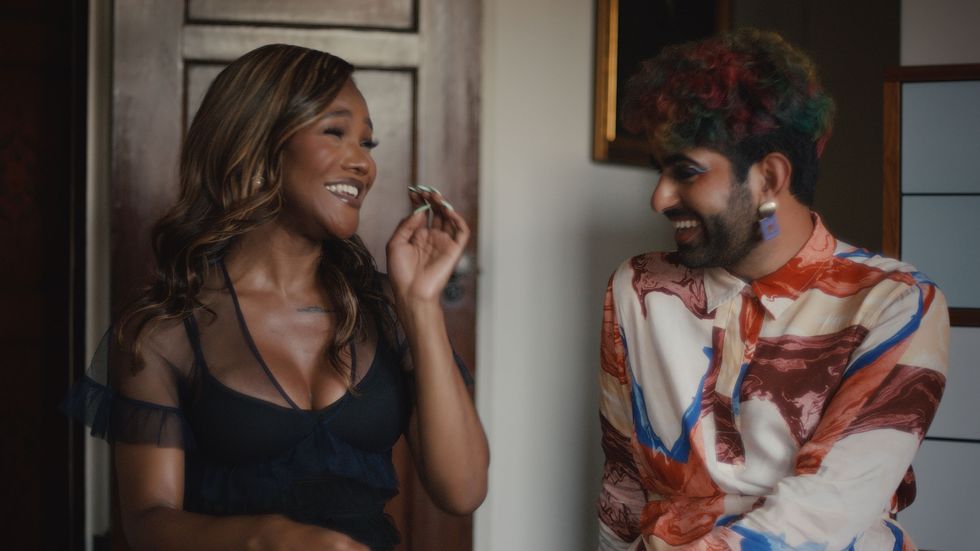
Daniel Barosa, director/writer/producer, Boi de Conchas (The Shell-Covered Ox)
Read, watch a lot of films, read some more, talk to people, listen as well, write, watch plays, listen to music, and read. It's important to get that brain always working and searching for ideas. When you make a habit out of it, you'll always be creating stories and characters, even subconsciously. Then it's time to practice and take your time until you get the right story on camera and find your audience.
Rich Peppiatt, director, Kneecap
Storyboard. It doesn’t have to be gospel, but when you’re on set and having one of those days where everything is going tits up, it is invaluable to have a bit of paper in hand that you can fall back on to cover a scene with confidence. Far from scuppering your creativity in the moment, when you’ve already done a lot of the creative work in imagining interesting ways to get your shots, you’re saved from just falling back onto basic coverage when under pressure.
Chris Nash, writer/director/prosthetic effects, In a Violent Nature
If things aren't going as expected, don't be afraid to pull the plug and take a few days/weeks/months to reassess your approach. While it may initially feel like you've failed yourself, in the end it could save you a lot of money, time, and stress.
Arun Bhattarai, director/DP/producer, and Dorottya Zurbó, director, Agent of Happiness
Our advice to aspiring independent filmmakers would be that you don't need to use tons of equipment and a large crew to make an intimate documentary. What is essential is to capture authentic emotions and gestures of characters and be able to spend a lot of time with them without filming to build an honest relationship based on mutual trust.
Caroline Lindy, writer/director/producer, Your Monster
Remember your audience! You’re not making the film for yourself. A movie is meant to be watched. Be generous to the people who are going to be enjoying it.
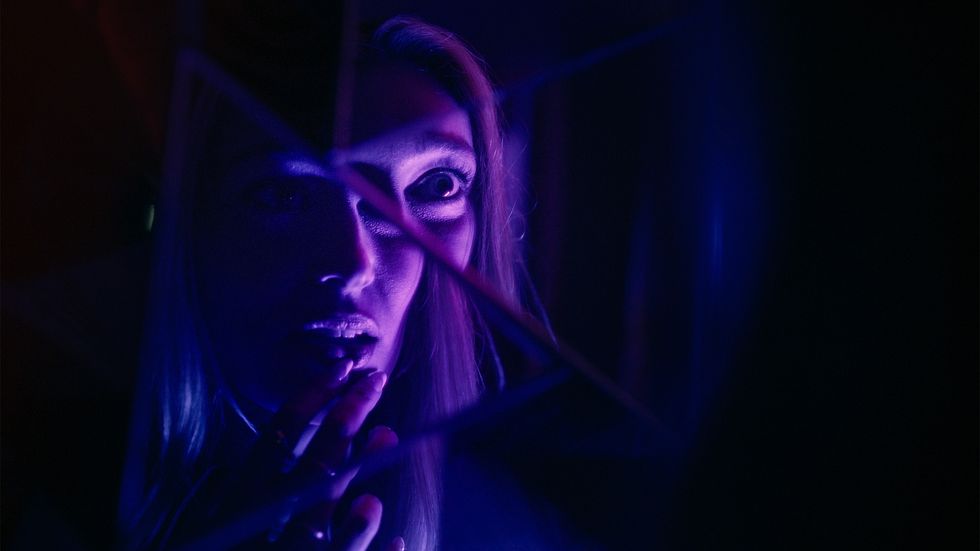
William Rosenfeld, producer, It's What's Inside
Take advice, criticism, and suggestions, but be confident enough in your abilities and your vision to know when to stick to your guns.
Greg Jardin, director/writer/editor/VFX, It's What's Inside
Don't give up, don't let anyone discourage you, and don't listen to anyone's advice if it doesn't speak to you, including mine.
Jason Baum, producer, It's What's Inside
Greg Jardin and I have been trying to make a feature film together for the past 10 years, and specifically It’s What’s Inside for half that time. Independent filmmaking isn’t for the faint of heart. Sometimes you watch a film like this and it seems so clear that it would be an amazing film on the page—and it was. It might take a long time to get a script to screen, but eventually all the right pieces will come together, and despite all that rejection, you’ll eventually make an even better film than what you initially imagined. Sounds a bit fantastical, but it’s true!
Pete Sillen, director/DP, Love Machina
It's probably the worst advice ever, but if you have an idea that you think is worthwhile, get a camera (or a friend with a camera) and start shooting. Love Machina is 100% independent which feels pretty rare these days. We started shooting and before you know it we had a shelf full of hard drives.
Hans Block & Moritz Riesewieck, directors, Eternal You
Before filming a documentary film scene: meticulous preparation, so that when you meet the protagonists, you can concentrate fully on the moment and let yourself be surprised by everything that happens there. The same principle can be applied to many areas of work, such as editing: extreme thoroughness, lots of preparation, so that in the editing room you can truly try things out and concentrate on the alternative suggestions and ideas.
Alessandra Lacorazza, director, and Daniel Tantalean, producer, In the Summers
It's important to have a clear vision for your film. It will guide you across a million decisions. And importantly, partner with people who share that vision with you.
David Timoner, producer/editor, DIG! XX
Amrou Al-Kadhi, writer/director, Layla
Alex Thompson, Kelly O'Sullivan, Luke Dyra, Mike S. Smith, co-director/writer, co-director/producer, DP, editor, Ghostlight
Alex: The obstacle I see most often is a new filmmaker saying, "I’ve got this script I love but so-and-so said it couldn't be done for less than three-to-six million." I find that really tedious because it stops the process dead; and if your means or your vision require that you do something for less, you should just do it for less—make that choice and find the collaborators who are willing to make that choice as well, in every department. There are a lot of mediocre, immaculately budgeted movies out there that had everything they "needed," and then some. And there are a lot that shouldn’t exist they're so small, but do and became wonderful in their lack.
Kelly: Something that has liberated me to write the scripts and make the films I have is: I truly never think anyone is going to see them. While some people might find that mindset depressing, I find it to be totally liberating. I’m not thinking about how to make it commercial or cool or hip, or writing to please anyone, I’m writing from a very instinctual, personal place. So if you can become immobilized (like me) by wondering if people will like your work, imagine no one is ever going to see it.
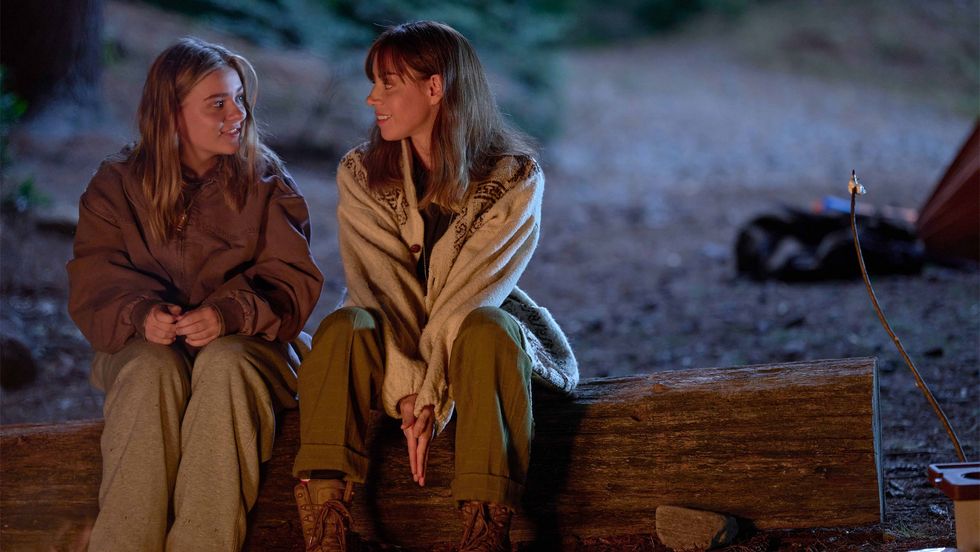
Jennifer Vecchiarello, editor, My Old Ass
My advice to aspiring independent editors is that in our work, we should never lose focus on the story and the characters, the soul of what we do—but I believe we should also push ourselves to keep learning on every job. Advances in technology are rapidly changing our tools, and that can be a daunting thing to keep up with—but I believe that we can become better storytellers as we master the tools being offered to us. I really have to remind myself to keep doing this!
Megan Park, director/writer/EP, My Old Ass
Trust your gut and find good producers who can support your vision and who you trust. I got so lucky with LuckyChap because they gave me the freedom to make the movie I wanted to make, but they also had incredibly smart advice and insight every step of the way in order to bring my vision to life. I had and have unwavering trust in them and I think that's when magic can be created.
Shuchi Talati, writer/director, Girls Will Be Girls
Find a community. Filmmaking is lonely and takes much longer than you think it will and it’s impossible to do it without others who are on the same path as you. My husband, Kent Bassett, who is a director and editor, and the Brooklyn Filmmakers Collective were my trusted community through the years of making Girls Will Be Girls.
Silje Evensmo Jacobsen, director, A New Kind of Wilderness
It's all about visualizing the story from start to finish. I never focus on interviews or voiceovers, but more on how to visualize what I want to come out of a scene or what I see from a person. It's like having a mental blueprint for the film, guiding me on where to point the camera and what to capture. Even in character-driven documentaries where things seldom can be scripted, this approach helps me shape the narrative in my mind.
Josh Margolin, writer/director/editor, Thelma
Trust your instincts but be open to feedback. It can be a hard balance to strike, but so much of getting a project you love on its feet is navigating the things you need to fight for and the things you can let go of. You can be uncompromising in your vision and deeply collaborative. Try to surround yourself with people you trust, because you’re going to need them and be all the better for their time and talents.
Carlos A. F. Lopez, director, Dream Creep
Care about the details, those are what will make your film special and unique to you.
Emily Kassie, director/producer, and Julian Brave NoiseCat, director, Sugarcane
We often joke that we are going to get matching tattoos of the Salish trickster and folk-hero Coyote because we think his mischievous, hard-working, and push-it-til-you-fail style is kind of the right way to play it. So, hustle. Take risks. Fail. Learn. Fail again. And surround yourself with the smartest, kindest, most talented people you can find who believe in the art and story and people as much as you do.
Gary Hustwit, director, Eno
Question everything, and learn to code.
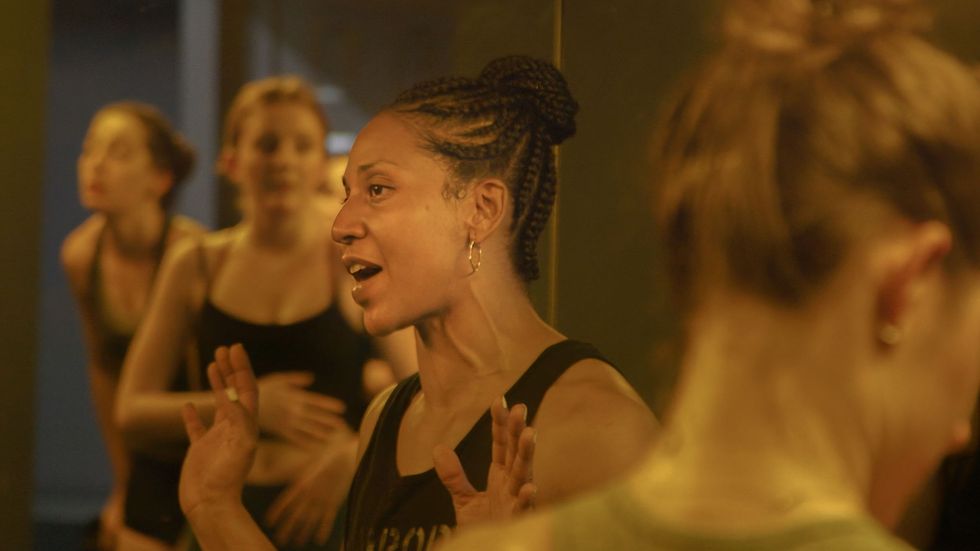
Eric Phillips-Horst, series DP, Conbody VS Everybody
Keep shooting! And find the tools that work for you. We enjoy Canon cameras, because we find that the buttons are quick to maneuver, and we can react to a changing environment in real time most effectively. However, the form factor of each camera might differ for your body shape, the image you’re looking to create, and, of course, for the type of content you are shooting. Once you find something that works, lean into it—and then also ask other folks how they supplement their rig, and try a new tool/add-on (shoulder mount! waist support! new handles!) that makes shooting easier or yields a different result. Experiment and stay flexible, and perhaps most importantly, listen to your body. This is a craft that can require a lot physically, and we want to make sure we can keep doing this for decades.
Tory Stewart, editor/producer, Conbody VS Everybody
Spend time getting to know your tools! Learning on the job is a significant part of this business, but, when it’s possible, take the time in your off hours to explore different software, get more comfortable, and build your personalized toolset. When starting a new gig, it’s a huge time-saver and anxiety-reliever to know you’re coming in with at least the familiarity of your workflow, preferences, templates, etc. It helps you hit the ground running and stay calm during the inevitable ups and downs of settling into the groove of the edit. And, it goes without saying, but: see films! The options available for home viewing are vast and an amazing resource. But also: go out and see films! Independent cinemas have had a wild ride over the last few years and need our support. The experience of watching movies in a theatre, feeling the crowd reactions, sharing collective emotion, helps you stay in touch with the rhythms of editing. You’ll need to call on that during the hours spent alone with your footage.
Jasmin Baumgartner, director, Bye Bye, Bowser
Don't wait for the money and use the circumstances—film is a very long-lasting procedure. It can be more than 10 years between the idea and the world premiere. You have to face that as early as possible. It helped me to work on different projects the same time.

No Film School's coverage of Sundance 2024 is brought to you by Canon.













